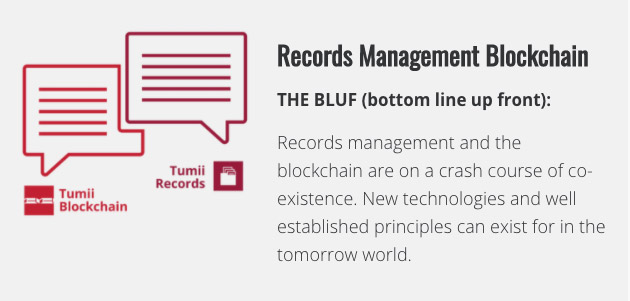Leveraging the records management DNA in the Blockchain
March 3, 2018 | Records Management, Blockchain


AUTHENTICITY
Premise:
Created by the person who it says it has been created and declared it as the record it is intended to be
Suggestions:
- Validate the tools used to create the content initially before upload or transfer through the chain.
- Ensure a secure login to the chain (with a private key validation per unique user)
- Protect private key from unsolicited access and the secure login and usage of the tools used to create the record.
- Ensure policy around ‘records systems’ includes usage of your blockchain system.
- Establish procedures for staff usage of the system that will house official records.
INTEGRITY
Premise:
Content is complete and unaltered
Suggestions:
- Prove through audit logs (i.e. the blockchain itself) that it wasn’t changed from its original date of creation and it wasn’t modified.
- Establish procedures around the management and leveraging of the log as a source of transaction verification.
RELIABILITY
Premise:
The source or system can be trusted as a full and accurate representation of transactions.
Suggestions:
- Establish procedures and training for users to shape ‘routine ways of working’ or a precedent of using the system as part of their daily course of business.
- Build a couple years of history doing business in a predefined method to defend its reliability.
- Ensure adequate system maintenance and support including day to day service requests, security validation and long-term business continuity procedures.
USEABILITY
Premise:
The record can be located, retrieved, presented and interpreted
Suggestions:
- Select blockchain technology that has a strong case for records lifecycle management, content storage and long-term preservation.
- Validate your system against standards for records keeping systems (e.g. common standards like Dod 5015.2)
- Establish a process to convert complete records to an industry best practice preservation format (e.g. PDF/a).
